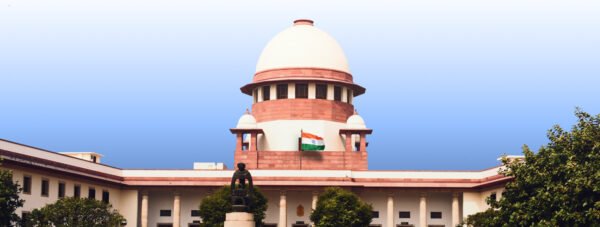A first move to reaffirm public trust in the Judiciary, Supreme Court judges resolve to disclose their assets on court website

In a landmark move aimed at enhancing transparency and restoring public trust in the judiciary, all 30 sitting judges of the Supreme Court of India have resolved to publicly disclose their assets on the court’s official website. This decision was made during a full court meeting held on April 1, 2025, and will also apply to future judges joining the bench.
This initiative comes in the wake of growing concerns over opacity in judicial conduct, particularly following allegations of cash discovery at the residence of Delhi High Court judge Justice Yashwant Varma. Although the Supreme Court clarified that his recent transfer to the Allahabad High Court was unrelated to these allegations, the incident reignited debates around judicial accountability. Historically, asset declarations by judges were mandated only to the Chief Justice of India (CJI) under a 1997 resolution, with public disclosure remaining optional.
While a 2009 decision allowed voluntary publication of asset declarations on the Supreme Court’s website, compliance was inconsistent. The latest resolution marks a significant shift, making public disclosure a collective commitment rather than an individual choice.
The declarations will include assets held by judges in their own names, as well as those owned by their spouses and dependents. Judges are also required to update these disclosures upon assuming office or acquiring substantial new assets. The specific modalities for publishing these details on the website are yet to be finalized.
This move aligns with global standards of judicial transparency and accountability. It is expected to bolster public confidence in India’s judiciary, which has faced criticism for its lack of openness compared to other public institutions like politicians and civil servants. For instance, under Rule 16(1) of the All India Services (Conduct) Rules, civil servants are required to declare their assets annually, and political candidates must disclose their financial details during elections.
By adopting this resolution, the Supreme Court has reaffirmed its commitment to institutional integrity and accountability. The judiciary’s proactive stance sets an example for other courts across the country, where asset disclosures remain rare and often face resistance
